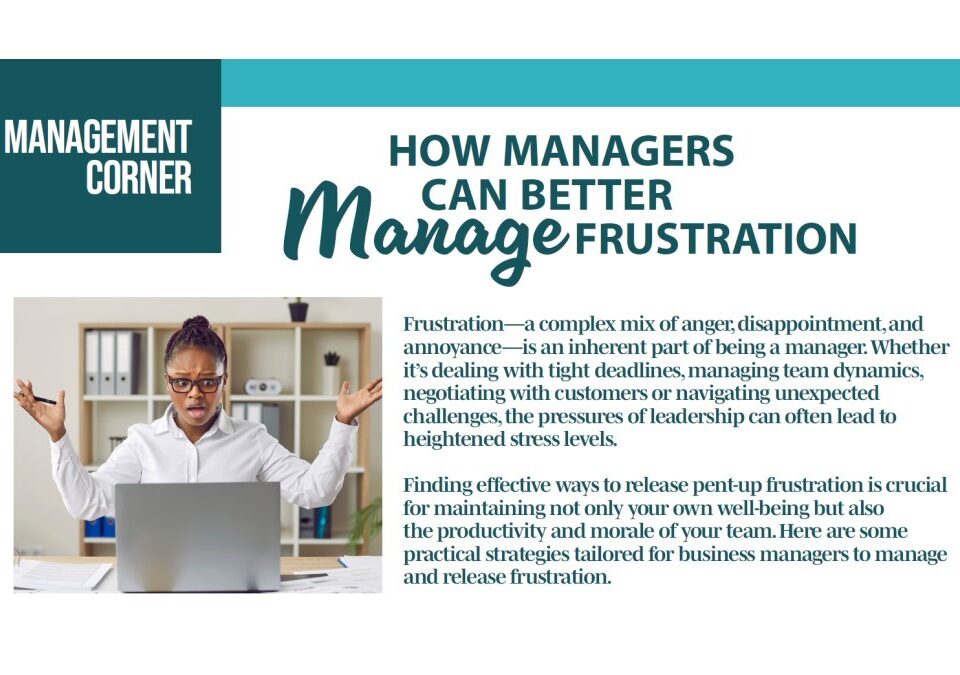
Top of the Chain with Simon
March 27, 2023
Fencetech 2023 & METALfab Oklahoma City
March 27, 2023Everything is an Opportunity
with Mark Levin, CAE, CSP
Executive vice president, Chain Link Fence Manufacturers Institute 2022 Inductee, American Fence Association Hall of Fame
For several years, the NBC Program “Saturday Night Live” had a recurring character named Debbie Downer who appeared in its comedy skits. The name Debbie Downer eventually became an established slang phrase referring to a pessimistic person who frequently adds bad news and negative feelings to a gathering, thus bringing down the mood of everyone around them.
Is there anyone like that in your company?
Even more to the point – are you that person in your company?
In the fence industry, it is often easy to get caught up in negative thoughts because, after all, this isn’t an easy business. Challenges face every company in our industry every day. No company is immune - not manufacturers, not distributors, not suppliers, and certainly not installers.
If it’s not the little things (like a worker showing late for work, a truck broken down, an appointment canceled, etc.), it’s the big things (material shortages due to delivery problems, cyber-attack on your billing system, jobsite shut down by a labor dispute, etc.).
The easiest thing to do in these situations is find some person or company to blame for what’s going wrong. Or, you can just throw up your hands and claim that the problem is out of your control and there is nothing you can do about it; everyone will have to wait until someone else solves the problem.
The way we handle these little problems sets the tone for how we are going to handle the bigger problems.
We can make 2023 the year that negative situations are turned into opportunities. Here are a few suggestions on ways to keep everyone on your team engaged, optimistic, and productive:
- Reduce the negative impact of the Debbie Downers in your company.
As we said, it seems as though every company has at least one person who seems to look at every situation as a problem. Sure, the easiest way to deal with that person is to put them on notice – change your attitude or you are gone. But what if they are a good worker despite of the poor attitude? What if they have been with your company for a long time and people just “tolerate” the behavior (“Oh, you know Debbie. That’s just the way she is.”)?
Rather than letting things go on, or taking a confrontational approach, try making “Debbie” part of the solution. Approach her about specific actions or conversations she could use with others, so her negativity doesn’t spread. Offer her incentives for specific behaviors or actions. Give her some appropriate form of recognition for the things she does well, to get her focused on positive things. - Be careful about the messages that are sent to your workforce.
If you want to give your company a culture of optimism, you need to be sure your key leadership team uses effective communications. You’re not going to get every job you bid. In addition to telling your staff that you need to see what went wrong, you could also add that at least you now have some available time to provide extra training sessions, or to make calls on current or potential customers. Look for the positive and communicate that with your staff. - Be sure to reward effort as well as output.
While most companies are pretty good about recognizing and rewarding employees for meeting goals, try not to wait until a task or a job is completed before giving recognitions. Maybe you can break down some of those tasks into smaller parts, so that recognition is given more frequently. This recognition can be something as simple as giving an employee a long lunch hour or a gift card. - Acknowledge the concerns then turn them into opportunities.
Everyone in your firm knows when business is down. They know when inflation is making everything more expensive. They know when the boss is having a bad day. But they will respond to leaders who are able to communicate empathy for their situation.
Saying “I feel your pain” is an expression of empathy, but it only has impact if they believe you feel their pain. One of the ways to get them to believe you is to get them involved in looking at ways to make things better.
There are still a lot of experts (economists, financial institutions, commentators) telling us that a recession, or at least a semi-recession, is still a possibility. There is concern over the downturn in the housing market; the continuing rise in interest rates; the ongoing manpower shortage in many industries, especially construction. The flattening of the fence market in the past couple of quarters may be a sign.
There is no need to panic. We go through these roller-coaster economic times regularly in the fence industry. If 2023 is going to be a good year, we’ll all have to keep our attention and energy focused on the opportunities which are out there.
Our job is to look at everything as an opportunity.
As executive vice president of Chain Link Fence Manufacturers Institute for 38+ years, Mark Levin is also an author and avid promoter of the fence industry. He believes in the successful leadership qualities he promotes, including listening, delegating, consensus building, communications and effective decision-making.
Chain Link Fence Manufacturers Institute
10015 Old Columbia Road, Suite B215
Columbia, Maryland 21046
301-596-2583
[email protected]
www.chainlinkinfo.org




